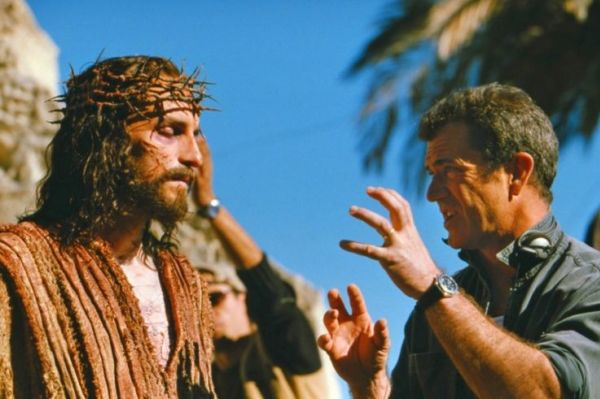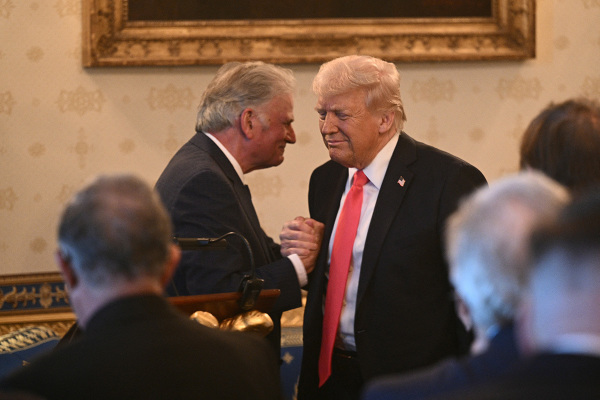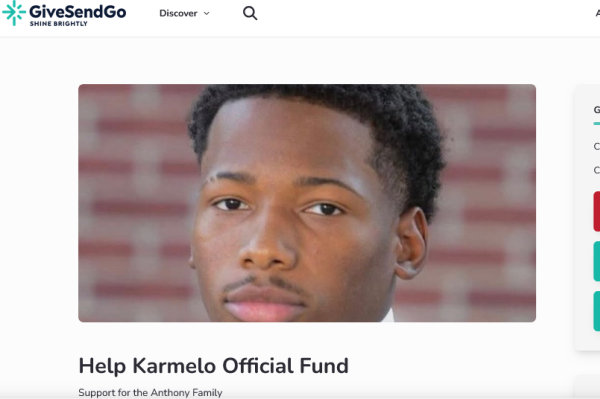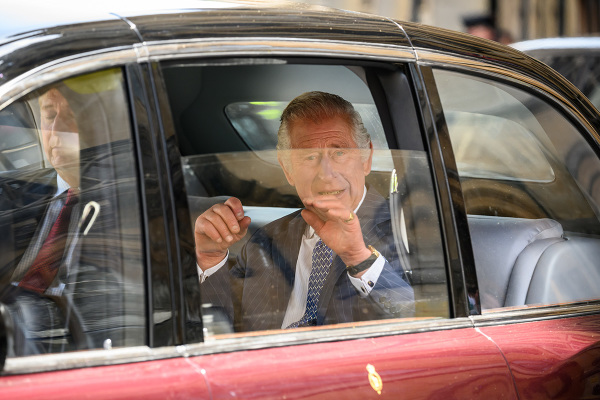U.S. Churches Push for Two-State Israel-Palestine Solution
Nearly two dozen U.S. church and church-related organizations are pressing for a two-state solution to the Israel-Palestine conflict at a conference beginning on Sunday.
Representatives of the Presbyterian Church (U.S.A.), The Episcopal Church, the Evangelical Lutheran Church in America, and the Unite Methodist Church among others are gathering for the annual advocacy conference sponsored by Christians for Middle East Peace (CMEP). The theme of the April 20-22 conference in Washington, D.C., is "Calming the Storm: Middle East Peacemaking in a Turbulent Time."
"The Annapolis peace process now underway deserves robust support from the U.S. Congress," said Warren Clark, CMEP's executive director, in a statement. "The achievement of a two-state peace agreement will be an important step towards durable peace with security for Israel and will help build a positive future for all the people of the Holy Land, including the now rapidly declining Palestinian Christian community."
Participants include church members and clergy from around the country, high-level Christian leaders, policy experts and government officials. Workshops will cover a range of topics including Evangelical peacemakers, Palestinian Christians, and Iran-Israel-U.S. relations.
"We are pleased to host this important gathering," CMEP's Clark said. "This is a crucial time for peacemaking in the Israel-Palestinian conflict."
Prior to this weekend's meeting of U.S. church leaders in Washington, former President Jimmy Carter was also engaged in meetings to try to work on a peace agreement.
Carter, who has been in the Middle East since this past week, met with the exiled leader of Hamas, Khaled Mashaal, on Friday and Saturday despite strong criticism from U.S. and Israeli leaders.
The United States and Israel consider Hamas a terrorist group because it does not acknowledge the right of Israel to exist, vows to destroy the Jewish State, and is accused of being behind suicide bomb attacks that has killed over a hundred Israeli citizens.
Hamas deputy Moussa Abu Marzouk, who met with Carter during the Saturday morning meeting, said they discussed possible prisoner exchange with Israel, lifting a siege by Israel on the Hamas-controlled Gaza Strip, and a solution to the Rafah terminal, according to Agence France-Presse.
The Rafah terminal is on the border with Egypt and is the only crossing into Gaza that avoids Israel. It has been closed almost permanently since June 2006 when Hamas overthrew Palestinian President Mahmoud Abbas' forces in Gaza.
The meeting between Hamas and Carter was the highest level U.S.-Hamas meeting.
After the meeting on Saturday, Carter flew to Saudi Arabia to meet with King Abdullah.





















